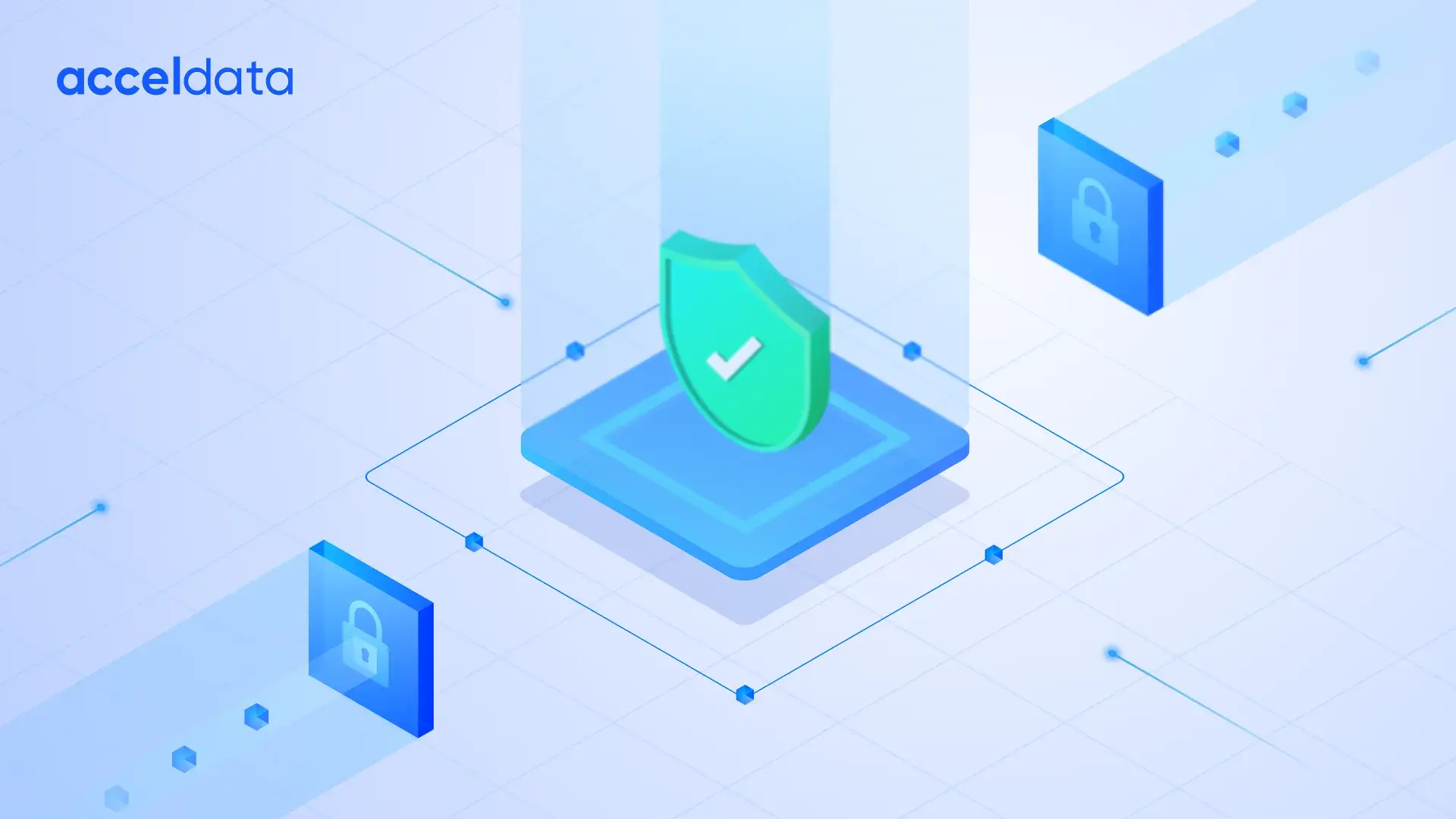Data observability and DataOps are tightly related aspects of establishing and managing high-velocity, high quality data environments. DataOps is a set of practices and principles that aim to improve the speed, quality, and reliability of data-driven decision-making. Data observability is a critical solution for DataOps because it helps achieve these goals by providing a way to identify operational bottlenecks and performance issues in data pipelines, reduce cost and resource overruns by providing operational visibility, and establish data quality by monitoring data reliability across your data supply chain.
With data observability provided throughout the data lifecycle, DataOps teams can more easily identify and fix issues with data quality, resolve problems more quickly, facilitate better collaboration among team members, and make more informed decisions about how to manage and use data. Overall, data observability is a critical component of the DataOps approach, as it helps to ensure that data is properly managed and used to its full potential.
If we break down the interaction between data observability and DataOps, we see several ways in which this relationship can be complementary when used in the right data framework. These include:
- Improved data quality: By monitoring the state of data, DataOps teams can identify and fix issues with data quality more quickly, which can help to improve the accuracy and reliability of data-driven decisions.
- Faster problem resolution: With data observability, DataOps teams can more easily identify the root cause of problems that arise with data, which can help to resolve issues more quickly.
- Enhanced collaboration: Data observability can help to facilitate better communication and collaboration among DataOps team members by providing a common understanding of the state of data and how it is being used.
- Better decision-making: By providing a clear understanding of the state of data, data observability can help DataOps teams to make more informed decisions about how to manage and use data.
Reducing data errors with data observability and DataOps
We know that modern enterprises run on data. It drives operational goals, decision-making, and gives business teams the insights they require to be agile and responsive. With that in mind, you can see that data errors can have significant consequences for enterprises.
Accurate and timely data is essential for informed decision-making, and errors can lead to poor decisions that can have serious consequences. In addition to the impact on decision-making, data errors can also lead to significant additional workload for data professionals, as they may need to work long hours to resolve issues and ensure that the data is accurate. This can be especially frustrating if the errors could have been avoided through better processes or tools. Data errors can also damage the reputation of the data team and the credibility of the data being used, which can have negative impacts on careers. Therefore, it is important for organizations to prioritize the quality and accuracy of their data and to implement processes and tools to help prevent errors from occurring.
DataOps and data observability can help reduce data and operational errors in a variety of ways, including:
- Automation: DataOps emphasizes the use of automation to reduce errors and improve the reliability of data pipelines. By automating routine tasks such as data loading, transformation, and validation, DataOps can help reduce the chances of human error.
- Collaboration: DataOps encourages collaboration between different teams, which can help identify and address issues more quickly. By working together, data professionals can share knowledge and expertise and help ensure that the data stack is functioning effectively.
- Data observability: Data observability provides visibility into the data stack, which can help detect and diagnose issues more quickly. By monitoring the performance and health of data pipelines in real-time, data observability can help identify problems before they become critical.
When they work collaboratively, DataOps and data observability can help reduce data and operational errors by automating processes, improving collaboration, and providing visibility into the data stack.
DataOps and data observability combine to drive data quality
Data observability is a key aspect of the DataOps philosophy, as it helps to ensure that data is properly managed and used to its full potential. DataOps is a set of practices and principles that aim to improve the speed, quality, and reliability of data-driven decision making, and data observability is critical to achieving these goals.
Secondly, data observability can help to facilitate better communication and collaboration among the various data professionals who are involved in DataOps. By providing a common understanding of the state of data and how it is being used, data observability can help data engineers, data scientists, data analysts, and other data professionals work together more effectively.
Finally, data observability can help to improve the efficiency and effectiveness of DataOps teams by enabling them to more easily identify and fix issues with data quality, resolve problems more quickly, and make more informed decisions about how to manage and use data. Overall, data observability is an essential component of the DataOps approach, and it helps to ensure that data is properly managed and used to its full potential.
To learn more about how enterprises can use data observability to improve data reliability and quality, check out the Acceldata Data Observability Cloud.
Photo by Desola Lanre-Ologun on Unsplash





.png)







.webp)
.webp)


